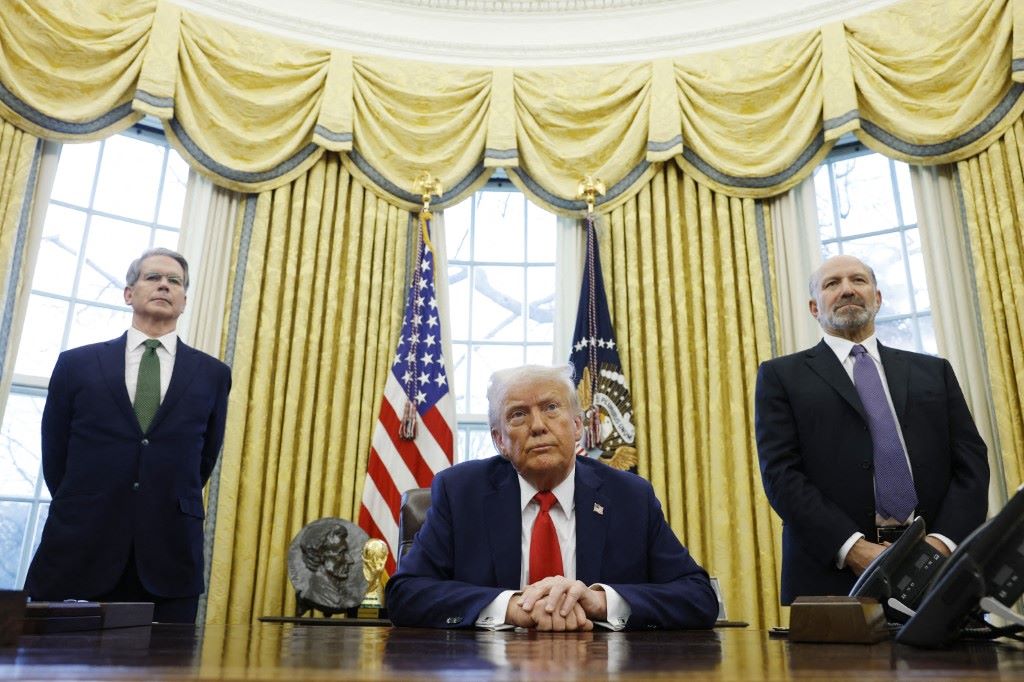The gold market is in a golden age. The price of gold has risen more than 40% in the past 12 months, more than double the gain of the S&P 500. But the world’s largest holder of gold is not a hedge fund, but the US government. And with a simple change in the way it keeps its books, the US Treasury could immediately record a huge accounting profit of up to $750 billion, according to Fortune.
The United States currently holds about 261.6 million ounces of gold, or nearly 8,200 tons. On government books, this gold is still valued at $42.22 per ounce – a price from the 1970s – making the recorded value only about $11 billion. But with the current price of gold reaching $2,920 per ounce, the actual value of this gold hoard is up to $765 billion.
This raises an important question: Why not update the gold value according to the market to create a huge accounting profit?
Interest in the issue has surged after new Treasury Secretary Scott Bessent pledged to implement President Donald Trump’s economic vision. When President Trump signed the executive order establishing the US Sovereign Wealth Fund, Bessent declared: “We are going to leverage the assets on the US balance sheet to serve the American people. We are going to put those assets to work, and that is going to be very exciting.”

The US Treasury Department has not commented further, but by definition, "monetization" means expressing the value of an asset in currency or converting it into cash.
But the question is, does $750 billion on the books really help the US economy?
For the $750 billion gap to have any real value, the U.S. government would have to sell gold for cash, according to Jay Hatfield, CEO of Infrastructure Capital Advisors. But if the U.S. were to sell gold on the market, the price of gold could plummet, leading to a “bloodbath” in the financial markets.
“It would be a disaster if the US government tried to sell a large amount of gold,” Hatfield warned.
Rob Haworth, investment strategist at U.S. Bank Wealth Management, agrees: China has been buying gold heavily since 2022, helping to boost gold prices. But if the U.S. sells, that trend could reverse, sending gold prices tumbling.
The move to revalue gold could help ease debt pressure as government spending skyrockets. According to the Committee for a Responsible Budget, Republicans’ new tax and spending proposals could add $6.5 trillion to the national debt, doubling the nation’s debt.
David Teeters, a professor at IESE Business School, said that revaluing the gold reserves could help improve the government’s balance sheet and reduce its debt-to-equity ratio, which could give Secretary Bessent more policy room.
But he also warned of potential risks: “The Trump administration wants a weak dollar to boost exports, but it also wants to maintain its status as the world’s number one reserve currency. These two goals are contradictory.”
Some experts believe that if countries engage in a race to devalue their currencies, the world could move toward a global monetary overhaul. According to Teeters, two possible options are: Return to the gold standard, since gold has served as currency for millennia, or use Bitcoin - an asset that young people consider "digital gold" in the digital age.
Either way, gold prices could benefit strongly in 2025.











